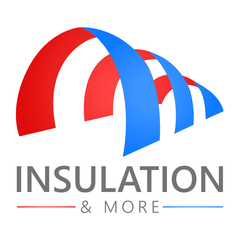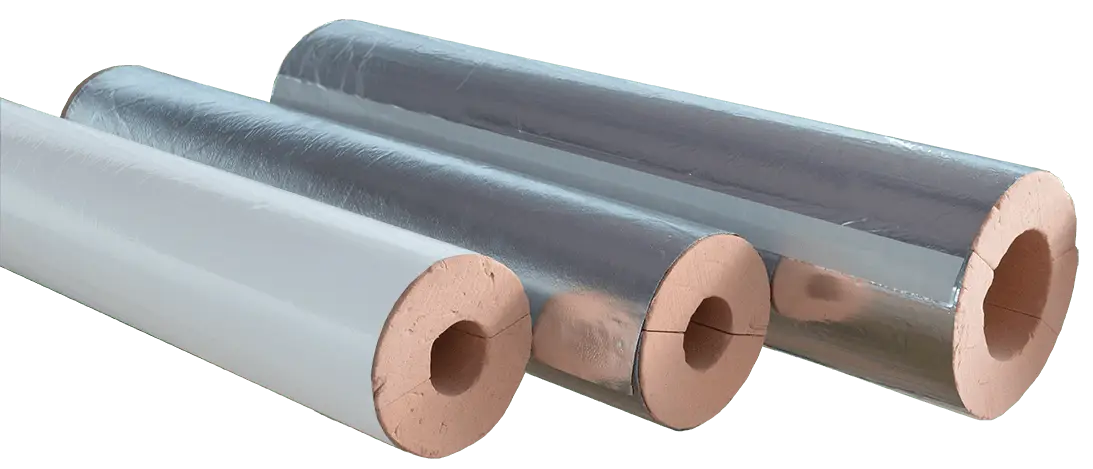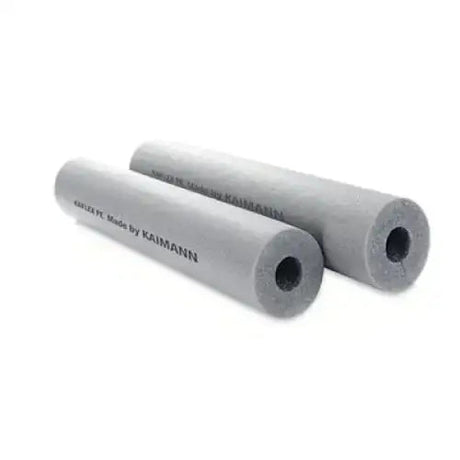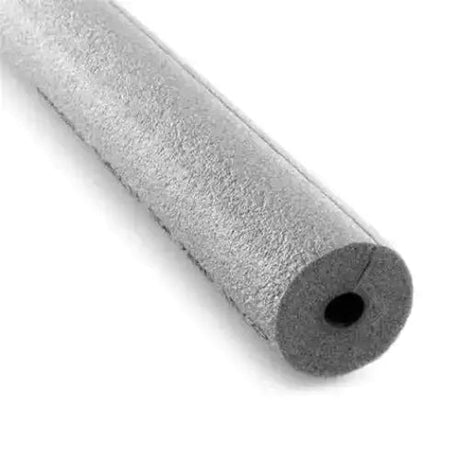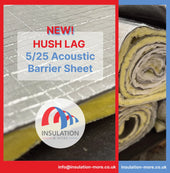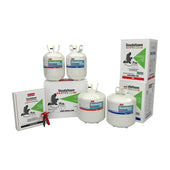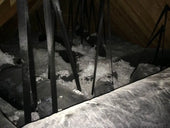What Is Phenolic
Phenolic refers to a type of chemical compound that contains a phenol functional group. Phenols are characterized by a hydroxyl (-OH) group bonded directly to an aromatic hydrocarbon ring. They are commonly used in a variety of industrial and commercial applications, including as disinfectants, preservatives, and adhesives.
What is Phenolic Insulation
Phenolic insulation is a type of insulation material made from a foam core that is infused with phenolic resins. The resins give the insulation material improved resistance to heat and fire, making it an ideal choice for use in high-temperature applications, such as industrial pipes and ducts. Phenolic insulation is also known for its high R-value (insulation power), light weight, and moisture resistance. It is commonly used in industrial and commercial buildings as a way to save energy and reduce energy costs.
How Is Phenolic Insulation Used In Lagging?
Phenolic insulation is used in lagging as a way to insulate and protect pipes, tanks, and other equipment from heat and fire. The phenolic foam is cut to size and fitted around the equipment to provide a layer of insulation. The phenolic resin in the insulation material gives it improved fire resistance and helps to reduce heat transfer from the equipment to the surrounding environment. Phenolic insulation is particularly useful in high-temperature applications where other insulation materials may not perform as well. The light weight and moisture resistance of phenolic insulation also make it a practical choice for use in lagging, as it is easy to handle and install and does not absorb moisture, which can cause degradation over time.
Why Is Phenolic Insulation Used?
Phenolic insulation is used because of its high resistance to heat and fire. The phenolic resin gives the insulation material improved fire and heat resistance, making it suitable for use in high-temperature applications where other insulation materials may not perform as well. Additionally, phenolic insulation has a high R-value, which means it has a high insulation power and helps reduce energy costs by keeping the interior of a building warm in the winter and cool in the summer. It is also moisture resistant, which makes it an ideal choice for use in areas with high humidity. Other benefits of phenolic insulation include its light weight, low thermal conductivity, and long service life.
What are the Advantages of Phenolic Insulation?
-
Fire resistance:
Phenolic insulation has excellent fire resistance due to its phenolic resin content. -
High R-value:
Phenolic insulation has a high R-value, meaning it has a high insulation power, which helps to reduce energy costs by keeping a building warm in winter and cool in summer. -
Moisture resistance:
Phenolic insulation is moisture resistant, making it suitable for use in areas with high humidity. -
Light weight:
Phenolic insulation is light weight, making it easier to handle and install compared to other insulation materials. -
Durability:
Phenolic insulation has a long service life and does not deteriorate over time, even in high-temperature environments. -
Low thermal conductivity:
Phenolic insulation has low thermal conductivity, meaning it does not readily transfer heat, which further helps to improve energy efficiency. -
Cost-effective:
Despite its high performance, phenolic insulation is cost-effective compared to other insulation materials.
Which Industries Use Phenolic Insulation?
-
HVAC:
Phenolic insulation is used in heating, ventilation, and air conditioning (HVAC) systems, as well as in ducts and pipes to insulate and protect against heat and fire. -
Oil and gas:
Phenolic insulation is used in the oil and gas industry, particularly in offshore and onshore installations, where high temperatures and fire resistance are critical. -
Marine:
Phenolic insulation is used in marine applications, such as in ships and offshore platforms, to insulate and protect against heat and fire. -
Industrial:
Phenolic insulation is used in a variety of industrial applications, including power plants, petrochemical refineries, and food processing facilities. -
Commercial construction:
Phenolic insulation is also used in commercial construction, particularly in high-rise buildings and large-scale commercial structures, to improve energy efficiency and fire safety. -
Residential construction:
Phenolic insulation is also used in residential construction to improve energy efficiency and comfort in homes.
